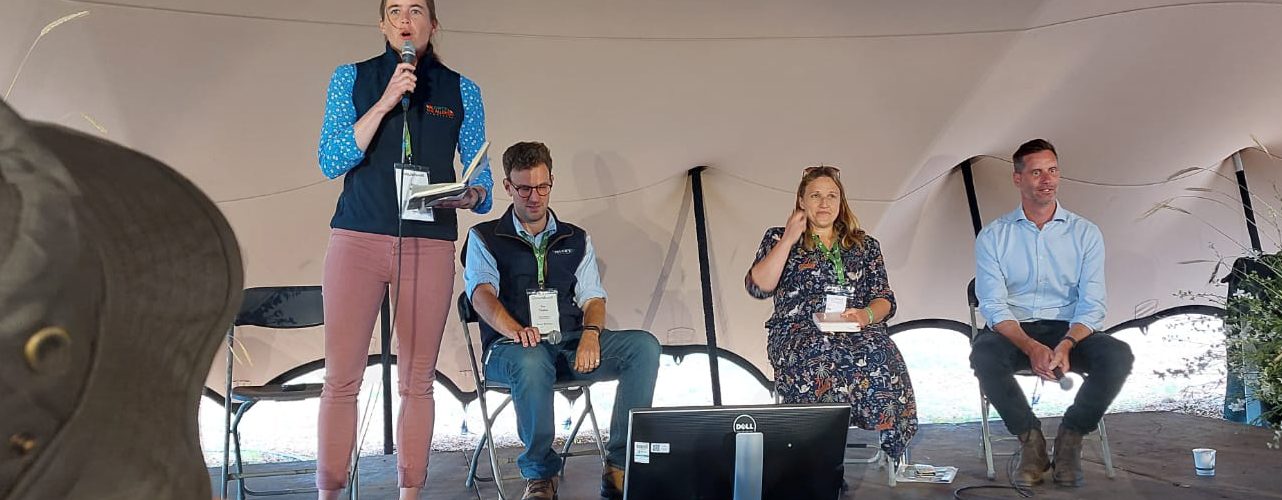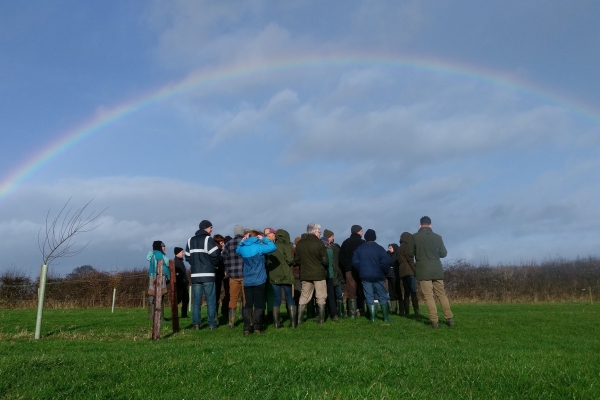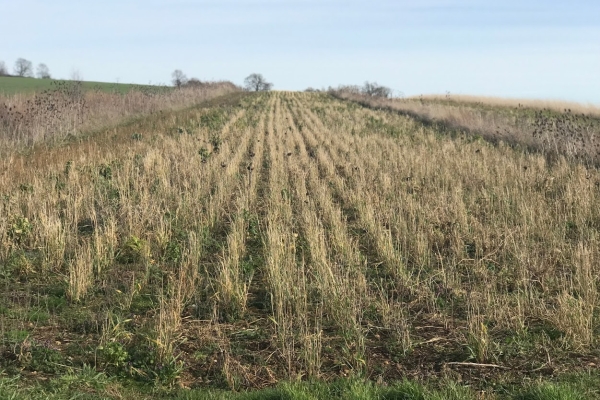Making Regenerative Agriculture Pay
Resource explained
This is a video recording of a session at Groundswell 2023 organised by Agricology which aimed to highlight the realities being faced by farmers looking to begin the adoption of regenerative agricultural practices or move their journey to the next step. Alice Midmer (GWCT) chaired the session and was joined by experienced regenerative practitioners Clare Hill (Planton Farm), Nick Down (Yattendon Estate) and Tim Coates (Dunthrop Farm). The panel shared stories on their journey towards more sustainable farming practices; their fail-safe ‘gateway’ practices, the type of impacts these practices are having related to on-farm biodiversity and how they are connecting the dots with government subsidy schemes, alternative supply chains and outside financing.
Findings & recommendations
- There are no magic answers!
- Blended finance is the way forward i.e. from supply chain and government schemes. Natural capital markets (ecosystem services etc.) are now in play.
- Stacking enterprises and paying attention to nutrients per acre is more important than fixating on yield.
- A functioning ecosystem is what makes regenerative agriculture pay.
- Think about what you want your farm to look like rather than picking the scheme that pays the most money. What options or schemes can you use to get you where you want to be?
- Look at what externalities you are relying on – profitability can be very different when externalities are taken into account.
- Examine what parts of your business are making money and what aren’t. You can take out unproductive parts of the farm and make farming more efficient by squaring up fields through use of stewardship agreements . Look at carbon footprinting to help reduce cultivations and inputs.
- Be flexible when transitioning – don’t get rid of all your cultivation equipment straight away.
- Partnerships with local farmers are key i.e. to enable grazing herbal leys.
- Can farmers charge more for a more sustainable product? It’s a challenge!
- Opportunities around improving water quality, recreation of habitats etc. are starting to become evident within farmer clusters.






